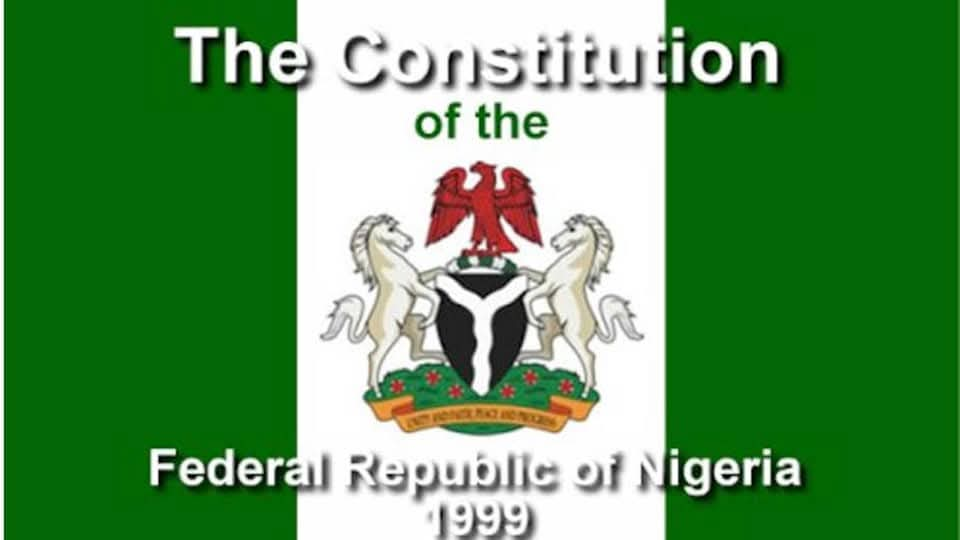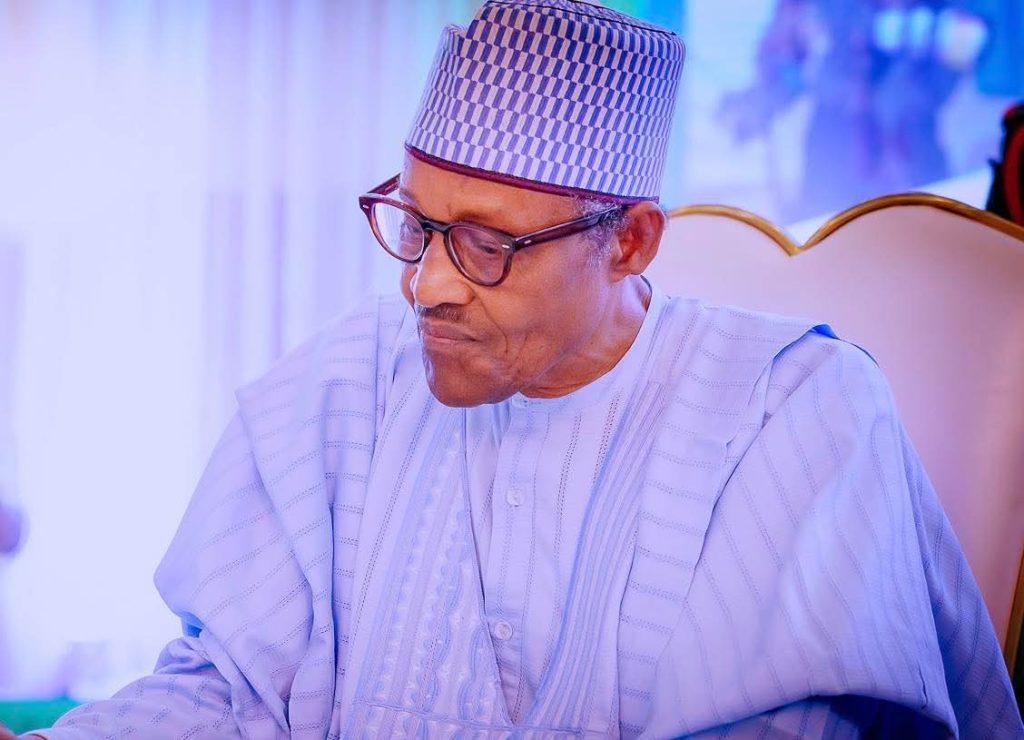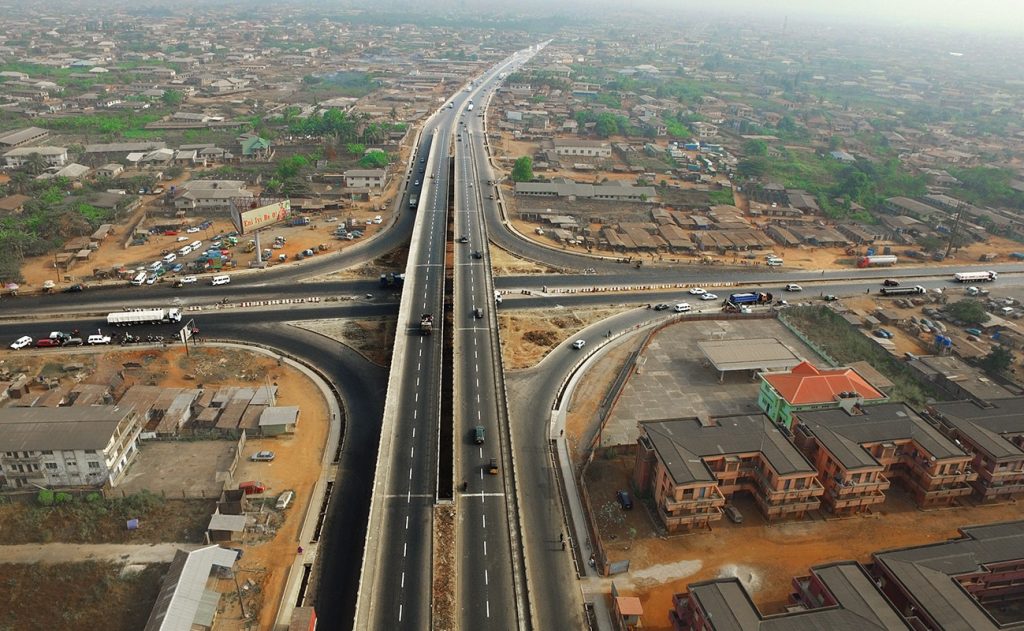News
China says Taiwan remains a part of her territory.

Foreign Minister Wang Yi said on Friday, spoke on the issue of Taiwan being part of China according to history and reality.
Wang Yi was speaking at a press conference on the sidelines of the ongoing annual session of the National People’s Congress as this year marks the 80th anniversary of the recovery of Taiwan.
Wang said that the victory of the Chinese People’s War of Resistance Against Japanese Aggression put Taiwan back under China’s sovereign jurisdiction in 1945.
Both the Cairo Declaration and the Potsdam Proclamation, issued by the major victorious nations of World War II.
The proclamation stated in explicit terms that Taiwan is a territory that Japan had stolen from the Chinese and shall be restored to China.
The Foreign Minister said that Japan also accepted the terms of the Potsdam Proclamation and announced its unconditional surrender.
“All these have confirmed China’s sovereignty over Taiwan, and formed an important part of the post-war international order.
“Resolution 2758, adopted in 1971 by the UN General Assembly, resolved the issue of the representation of the whole of China, including Taiwan, in the UN.
It also precluded any possibility of creating “two Chinas” or “one China, one Taiwan,” Wang said.
He added that the only reference to the Taiwan region in the UN is ‘Taiwan, Province of China.
“Taiwan is never a country, not in the past, and never in the future,” Wang said.
He noted that to clamor for “Taiwan independence” is to split the country, and to support “Taiwan independence” is to interfere in China’s internal affairs.
Wang also noted that to connive at “Taiwan independence” is to undermine the stability of the Taiwan Strait.
The FM stressed that respect for all countries’ sovereignty and territorial integrity should mean support for China’s complete reunification.
“Commitment to the one-China principle should mean opposition to any form of “Taiwan independence.
“Seeking ‘Taiwan independence’ is doomed to backfire, and using Taiwan to contain China will be nothing but a futile attempt,
China will realize reunification, and this is unstoppable.
“This is the history and the reality.” China’s Foreign Minister, Wang Yi said.
China’s stance on Taiwan is based on the One-China principle, which emphasizes that there is only one China and Taiwan is an integral part of it.
The Chinese government views Taiwan as a province that broke away in 1949 and has since been seeking reunification.
China’s assertion that Taiwan is an inalienable part of its territory, is rooted in:
- Historical claims: China argues that Taiwan has been part of its territory since the Qing dynasty (1644-1912).
- One China principle: The Chinese government insists that Taiwan is part of China and not a sovereign state.
- International recognition: Most countries, including the United States, recognize the People’s Republic of China (PRC) as the sole legitimate representative of China, although many maintain unofficial relations with Taiwan.
However, Taiwan’s government and many Taiwanese people have a different perspective:
- De facto independence: Taiwan has its own government, economy, and military, and operates as a separate entity from China.
- Democratic identity: Taiwan has developed a distinct democratic identity and values, which differ from China’s authoritarian system.
- International participation: Taiwan participates in international organizations and events under various names, such as “Chinese Tapei” in the Olympics.
The dispute between China and Taiwan remains a sensitive and complex issue, with significant implicationns for regional stability and global politics.
For Diaspora Digital Media Updates click on Whatsapp, or Telegram. For eyewitness accounts/ reports/ articles, write to: citizenreports@diasporadigitalmedia.com. Follow us on X (Fomerly Twitter) or Facebook












